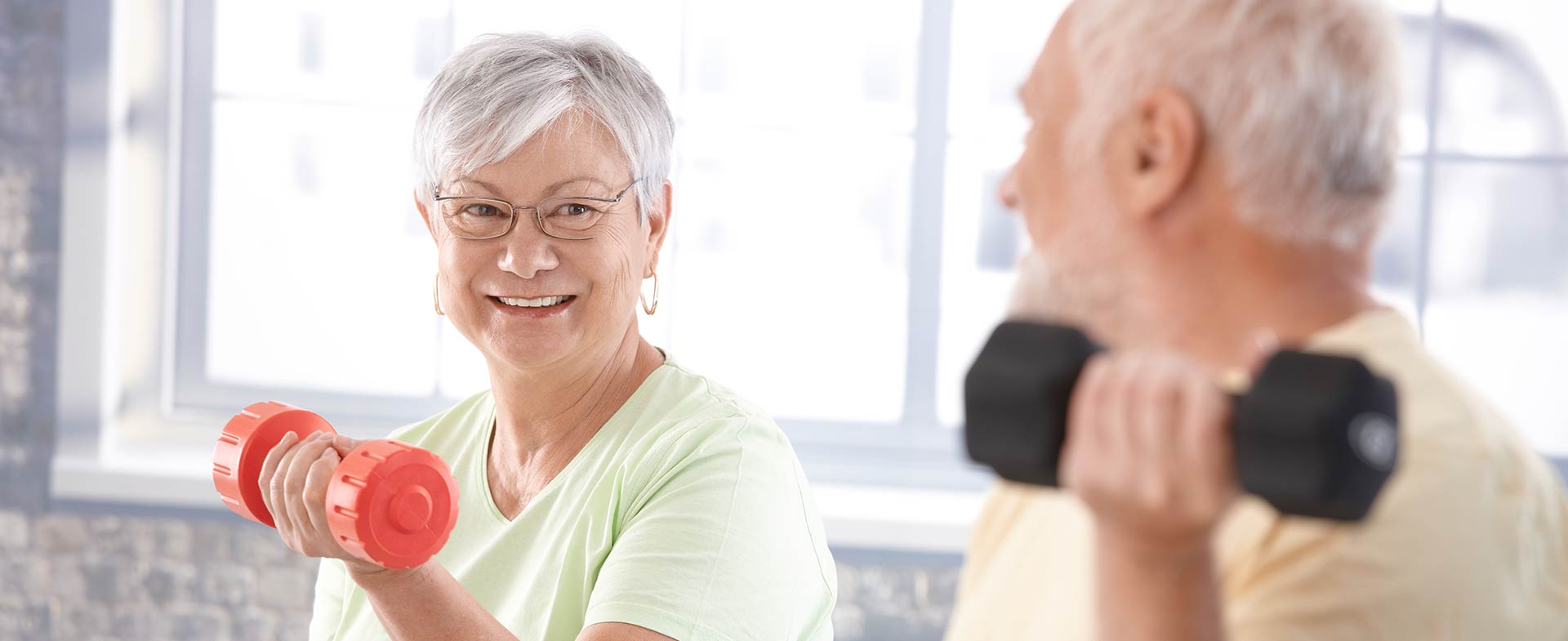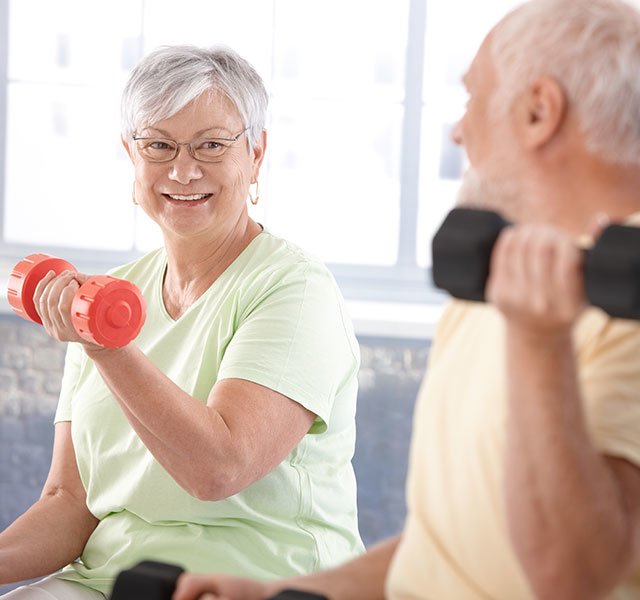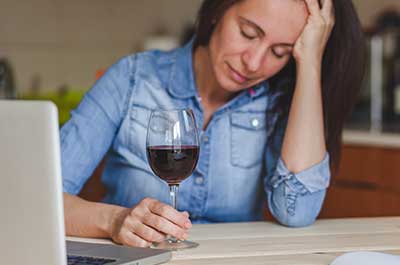Falls may not seem like a big deal to a younger person but, to a senior, a fall can be serious. Falls contribute to significant declines in overall health and life expectancy for seniors, not to mention the loss of independence.
They are also the leading cause of fatal and non-fatal injuries prompting emergency room visits in the United States for seniors age 65 and greater, according to the U.S. Centers for Disease Control and Prevention. Common injuries treated in the ER include head injuries, shoulder and forearm fractures, spine fractures, pelvic and hip fractures.
Ritu Zacharias, M.D., a spine and physical medicine specialist in the Department of Neurosurgery at Henry Ford Hospital, works with seniors regularly and offers these tips for avoiding falls and the associated health problems that inevitably go with them.
1. Exercise.
- Walk daily for 15-30 minutes.
- Join an exercise program to promote strength, balance, and coordination. Tai Chi is known to improve balance and coordination. Climbing stairs, weight training, dancing and bike riding improve strength, endurance and bone density to prevent fractures.
2. Understand your medications and know your body.
- Make sure medication lists are up to date, and are reviewed during physician visits. Check with your physicians about major side effects, particularly for medications that cause lightheadedness, fatigue or confusion which can all increase your risk of falling.
- Do not smoke, as smoking decreases bone density. Avoid excess alcohol which can contribute to falls.
- Increase dietary calcium and Vitamin D, and check with your physician about taking a vitamin supplement.
- Bone density tests are recommended for women aged 65 or older; men age 70 or older; individuals who break a bone after the age of 50; post-menopausal and menopausal women with risk factors; and men age 50-69 with risk factors.
- Schedule regular eye exams and physician visits to evaluate for cardiac and blood pressure problems.
3. Wear proper footwear.
- Ensure shoes fit properly, and wear non-skid soles. Avoid high heels and tie shoe laces.
- Walk with bare feet in the home, and avoid stockings and loose slippers.
4. Modify your home.
- Ensure there is adequate lighting near your bed, including lamps, flashlights and nightlights in walking paths and bathrooms.
- Eliminate clutter from the floors, and keep extension cords taped to the baseboards.
- Secure loose area rugs with double-faced tape or slip resistant backing. Remove throw .
- Install hand rails on both sides of the stairway, at least 30 inches above the stairs extending the full length of the stairway.
- In the bathroom, consider installing rubber mats inside the bathtub, raised toilet seats, sturdy plastic seats in the bathtub, shatter-proof glass shower doors and handrails on the bathroom walls and/or shower stall or bathtub walls.
5. Know who you will contact when you need help.
- Keep telephone numbers for neighbors, friends and family nearby.
- Call 911 for any emergency.
- Consider an emergency alert system if you live alone.
Dr. Ritu Zacharias is the Director of Medical Spine Services and Physiatry in the Henry Department of Neurosurgery. She serves as a Clinical Instructor with the Pain Medicine Fellowship at Henry Ford Hospital and as Co-Director of the Senior Spine Pathway at Henry Ford West Bloomfield Hospital.
To make an appointment with a doctor, call 1-800-HENRYFORD (436-7936) or visit henryford.com. If you need a doctor, find one in your area now.



